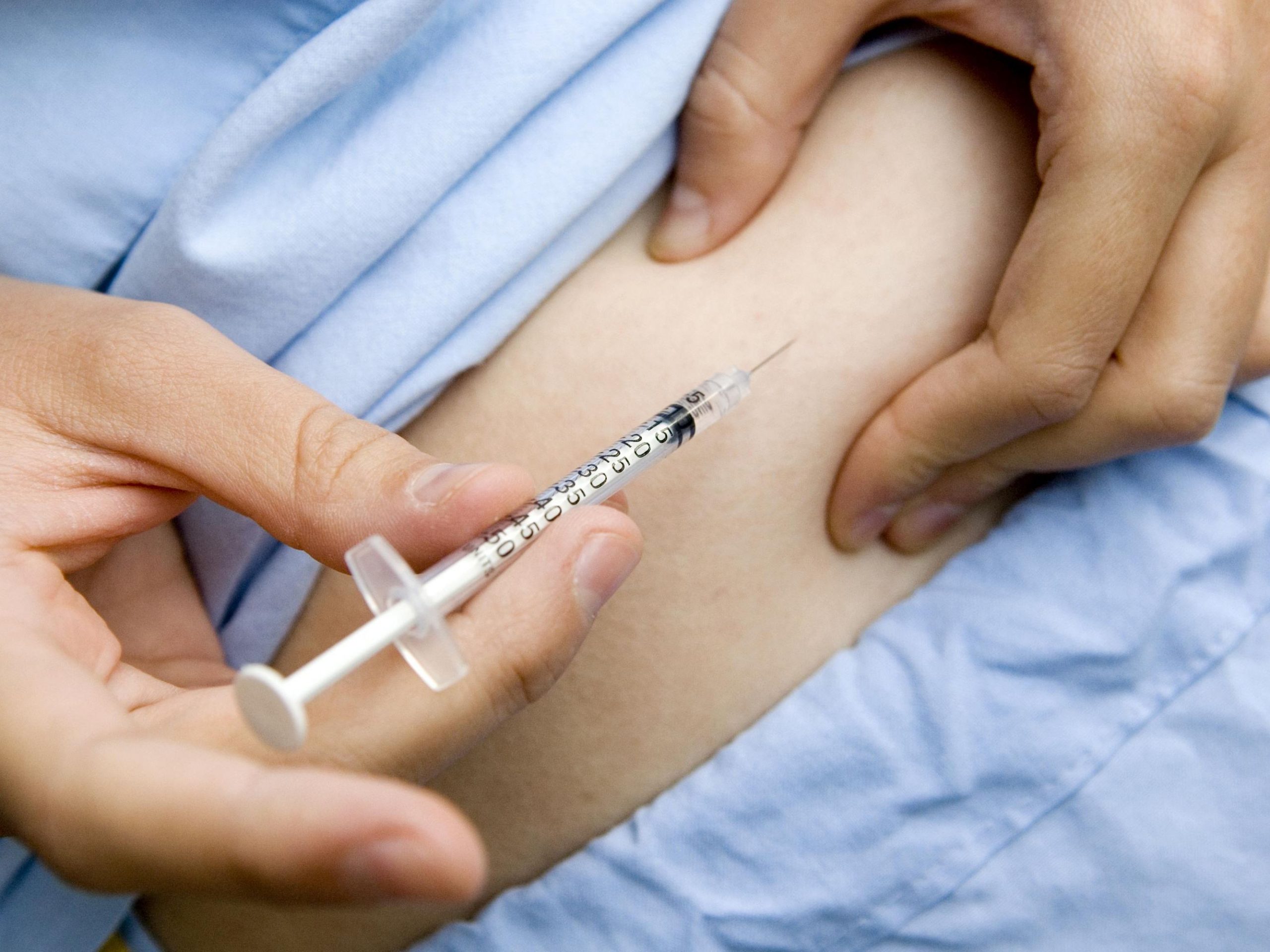Update on PBS Growth Hormone Program for PWS

After years many years of advocating for Growth Hormone (GH) to become available under the Pharmaceutical Benefits Scheme (PBS) for adults with Prader-Willi Syndrome (PWS), in late December 2019, we became aware of changes planned to be implemented in January 2020 with regards to changes to the PBS growth hormone replacement ruling.
As per the PBS site summary, the changes noted were as follows:
“Adult growth hormone replacement was recently approved for use in Australia for adults with poor quality of life. Approval requires documentation of biochemical evidence of growth hormone deficiency and poor quality of life that improves with growth hormone replacement. Quality of life is assessed using the AGHDA-QOL questionnaire.”
To ensure that we were providing the correct information to our community, we decided to seek clarification of the new changes from the following organisations:
- The Endocrine Society of Australia
- The Pharmaceutical Benefits Branch- Services Australia (PBS)
- Australian Government Department of Health – Highly Specialised Drug Program
Each of the responses we received provided similar information. Communication from the Pharmaceutical Benefits Branch advised the following:
“Before prescribing PBS subsidised somatropin, prescribers must satisfy themselves that their patients meet the eligibility criteria as outlined in the Schedule of Pharmaceutical Benefits and request authority approval from Services Australia. Authority application forms can be found on the Services Australia website here.”
The change to the PBS is indeed a great win for all adults with Prader-Willi Syndrome who have received PBS subsidised GH treatment as children in the past, but not for the older adults with PWS.
The scenario for adults with Prader-Willi Syndrome is very similar, as was the case with the children with PWS between 2000 and 2008 when only a few qualified under the stringent criteria of 2 stimulation tests. Yet, irrespective of the stimulation tests, all children with PWS benefitted as the results of studies done on the children with PWS in Australia since 2008 showed
What are the details of the changes to the PBS regarding Growth Hormone
“On 1 January 2020, the adult listing will be amended to improve clarity and access for patients with childhood onset growth hormone deficiency (CO-GHD) due to congenital, genetic or structural cause. This means that children may continue to access PBS subsidised growth hormone treatment as adults if they meet the PBS restriction criteria.
Patients with CO-GHD due to a congenital, genetic or structural cause will be eligible to access somatropin as adults once skeletal maturity is reached. Additionally, CO-GHD patients due to a congenital, genetic or structural cause who have previously received PBS-subsidised therapy as children will no longer be required to provide provocation tests to meet the eligibility criteria for adult use somatropin.
Somatropin is currently listed on the PBS for the treatment of adult and paediatric growth hormone deficiency conditions. The restriction criteria for the supply under the PBS of the pharmaceutical benefit somatropin (growth hormone) for paediatric and adult use is available at www.pbs.gov.au.”
FAQ about these changes as per PBS information :
Who is eligible to prescribe growth hormone?
For initial treatment in adults, the pharmaceutical benefit (somatropin) must be prescribed by an endocrinologist.
What results are required to support the authority application for growth hormone for adults?
The restriction criteria outlines the testing requirements necessary to support an authority application. Provocation tests include:
- current or historical evidence of an insulin tolerance test with maximum serum growth hormone (GH) less than 2.5 micrograms per litre;
- current or historical evidence of an arginine infusion test with maximum serum GH less than 0.4 micrograms per litre; orc)current or historical evidence of a glucagon provocation test with maximum serum GH less than 3 micrograms per litre.
But patients who have previously received PBS-subsidised therapy as children are no longer required to provide provocation tests to meet the eligibility criteria for adult use somatropin as evidence of growth hormone deficiency was provided in childhood.
What if the person with PWS has previously received non-PBS subsidised treatment with somatropin as an adult?
The listing includes provisions to grandfather patients who have previously received non-PBS subsidised treatment with somatropin prior to 1 December 2018. Patients in this category must demonstrate that they met all the initial restriction criteria prior to initiating their non-PBS subsidised treatment. A grandfathered patient may qualify for PBS-subsidised treatment under this restriction once only. For continuing PBS-subsidised treatment, a grandfathered patient must qualify under the criteria for continuing treatment.
We interpret this to mean that children/teenagers with Prader-Willi Syndrome who have been accessing Growth Hormones on the PBS paediatric program will be able to continue to access Growth Hormones on PBS without further assessment as an adult.
However, those who were not on the PBS paediatric Growth Hormone program must satisfy the eligibility criteria for adult use somatropin (growth hormone).
We encourage you to discuss these changes to PBS with your endocrinologists to better understand what the changes will mean for your son/daughter
Do the 1 January 2020 changes affect access to growth hormone for paediatric use?
No. The amendments to adult-use growth hormone do not change the existing listing of and access to growth hormone for children. Patient criteria and prescriber eligibility for paediatric growth hormone remain unchanged. On 1 February 2019, the eligibility criteria was broadened for improved access to PBS-subsidised growth hormone for paediatric patients in special clinical circumstances. A Quick Reference Guide for Prescribers is available at www.pbs.gov.au/info/general/changes-to-certain-s100-programs
Click here for more information the PBS Growth Hormone Program.
This is indeed a huge win for people living with Prader-Willi Syndrome.
Prader-Willi Syndrome (PWS) is a rare, complex, unique, life-threatening multistage genetic disorder which affects 1 in 15,000 births and results in an abnormality of chromosome 15. PWS can have a significant impact on behaviour, learning, mental and physical health, community inclusion and social relationships. People with PWS exhibit high anxiety, complex and challenging behaviours and cognitive dysfunction throughout their lives. PWS is a spectrum disability, and the degrees of visual abnormality varies immensely. Many people with PWS also have psychiatric problems and autistic characteristics. A defining characteristic of PWS is hyperphagia, or a compulsion to eat. For more information visit www.pwsavic.org.au
Prader-Willi Syndrome Association of Victoria (PWSA Victoria) is a volunteer lead ACNC registered Australian Charity, with many volunteers having lived experience. Their role is to work closely with organisations around the world, whose vision and purpose align with their own, to ensure their local PWS community is well supported, while researchers around the world work hard to find a cure and viable treatments. The PWSA Victoria’s aim is to continue to break down barriers and create a world where everyone with PWS has access to the right tools, to enable them to live a full and inclusive life. For more information, please visit www.pwsavic.org.au
